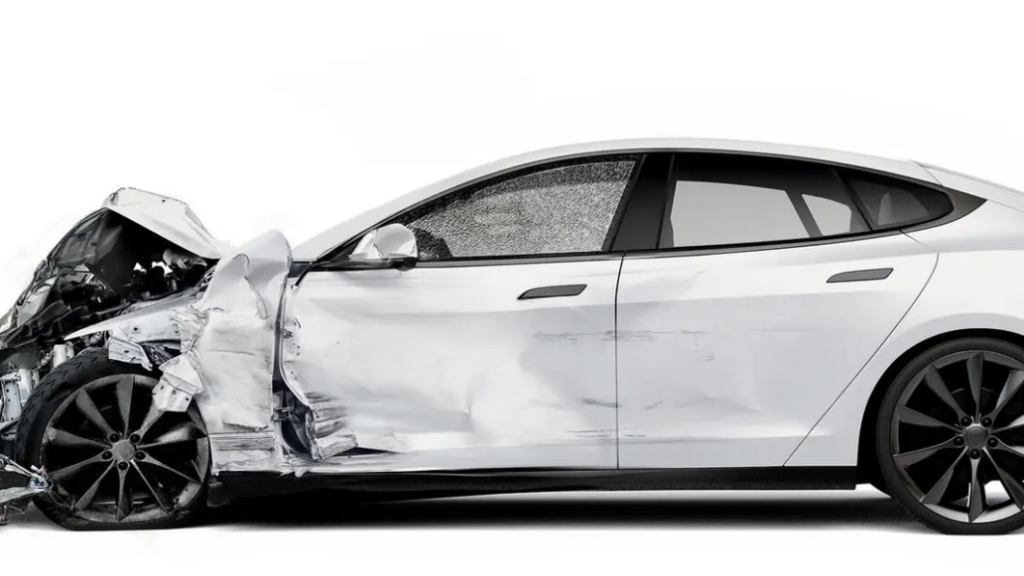NYT takes a deep dive into the character of Elon Musk

Raise your hand if you’re sick of reading about Elon Musk. The rest of you, turn to a recent edition of The New York Times Magazine, prepare a grande latte — maybe two — and settle down to absorb more than 7,000 words attempting to explain what makes Musk tick.
Lawsuits, accidents, deaths and near-misses collide in this provocative, overachieving dissertation that will test the patience of all but the most confirmed Musk-o-stans.
It’s worth repeating the story’s first paragraph to understand the story’s premise and clear one’s head for what follows:
“Early on, the software had the regrettable habit of hitting police cruisers. No one knew why, though Tesla’s engineers had some good guesses: Stationary objects and flashing lights seemed to trick the A.I. (artificial intelligence). The car would be driving along normally, the computer well in control, and suddenly it would veer to the right or left and — smash — at least 10 times in just over three years.”
In the next paragraph, this: “… these crashes might seem like a problem. But to Elon Musk, Tesla’s chief executive, they presented an opportunity.”
Heartless? Selfish? Genius? Take your pick to describe the character of Mr. Musk, one of the tasks of author Christopher Cox in “Elon Musk’s Appetite for Destruction” (thank you, Guns N’ Roses). His take is told through the lenses of two Tesla drivers who crashed while using the cars’ self-driving systems, and through interviews with attorneys and a Musk associate (but unsurprisingly, no interview with Musk himself).
Cox details a ride with owner David Alford of Fresno, California, who had posted a video showing his 2020 Model 3 in full self-driving mode approaching a red light, but the car doesn’t stop. Instead, Cox writes, “It rolls into the intersection, where it’s on track to collide with oncoming traffic, until Alford takes over.” This despite the Tesla running the latest A.I. software update. Cox, riding in the car with Alford driving, describes an approach to another intersection with Autopilot in command:
“The Tesla started creeping out, trying to get a clearer look at the cars coming from our left. It inched forward, inched forward, until once again we were fully in the lane of traffic. There was nothing stopping the Tesla from accelerating and completing the turn, but instead it just sat there. At the same time, a tricked-out Honda Accord sped toward us, about three seconds away from hitting the driver-side door. Alford quickly took over and punched the accelerator, and we escaped safely.”
The Times takes pains to chronicle the good, the bad and the ugly about Musk, his unrepentant defense of autonomous driving, his mission to send us to Mars, his questionable personality. “Musk is simply a narcissist,” the author writes, “and every reckless swerve he makes is meant solely to draw the world’s attention.”
Then there’s a poignant glimpse of the man, where Musk sends his condolences to the father of a son who died after his Tesla crashed while speeding. But in this long, long story, Musk even here can’t resist his defense of a higher calling: “I want to make sure that we get this right. Most good for most number of people.” A revealing remark of many in the story.



